- Write by:
-
Wednesday, October 3, 2018 - 7:53:04 AM
-
601 Visit
-
Print

Mining News Pro - Power utillity has not ruled out the possibility of introducing special tariffs for industry, Matleng Energy Solutions chairperson and Eskom nonexecutive director Nelisiwe Magubane noted in an address at the Joburg Indaba on Wednesday.
According to Mining News Pro -She stated, however, that, to date, the coal mining “industry has not made any guarantee that the cost of coal per ton would decrease as well”.
She said Eskom had realised that increasing tariffs was not going to be sustainable, because the utility was seeing a lot of “grid-defection".
Magubane noted that the biggest issue is cost cutting and that difficult decisions would need to be made in the near future.
In 2007, Eskom generated 218 000 TWh; by 2017, that had slipped to 214 000 TWh. Electricity costs increased from 18 c/kWh in 2007 to 83.6 c/kWh in 2017 . . . as you can see the increase in tariffs has nothing to do with the amount of electricity being sold,” Magubane noted.
Further, she noted that, in 2007, Eskom’s debt amounted to around R40-billion. By 2017, it had ballooned to about R300-billion. “Eskom cannot trade itself out of debt.”
XMP Consulting senior coal analyst Xavier Prevost, meanwhile, noted that he had conducted a study which demonstrated that coal prices were exponentially increasing.
He suggested that Eskom invest in coal mines to drive down the cost per ton, while also ensuring that massive reserves of coal are developed.
South32 COO Mike Fraser suggested that the situation lends itself to working out supply contracts that drive long-term growth.
He noted that while South32 is divesting from its South African Energy Coal business, it has worked to spin off the segment as an empowered and transformed standalone business.
Fraser and Magubane emphasised the importance of Eskom and the industry working collaboratively to overcome challenges.
Magubane, in particular, pointed to the energy transition that is under way, stressing that Eskom and the coal mining sector would be impacted the most. She noted the decommissioning coal-fired power stations is not enough, as questions around the towns that are reliant on coal mines and/or power stations need to be dealt with, as do questions on employment in those towns.
“The transition needs to begin with the end in mind.”
She suggests that the suppliers and Eskom need to implement a comprehensive plan to address the transition.
Short Link:
https://www.miningnews.ir/En/News/275187
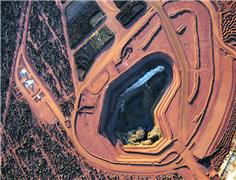
Australian miner Lynas posted a slump in third-quarter sales revenue on Wednesday, missing analyst expectations on the ...
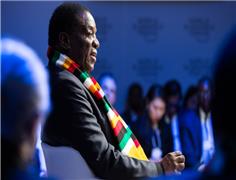
Zimbabwe’s President Emmerson Mnangagwa has re-appointed Winston Chitando as the southern African nation’s mines ...
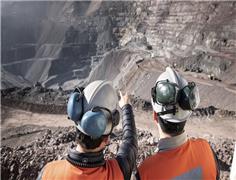
Anglo American Plc said it is has received an unsolicited non-binding combination proposal from BHP Group.

China’s Zhaojin Mining Industry said on Wednesday that its A$733 million ($477.8 million) offer to buy Australia’s ...
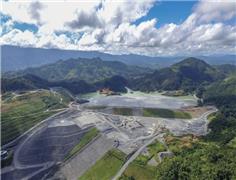
Toronto-listed miner OceanaGold Corp said on Wednesday it will raise 6.08 billion pesos ($106 million) through an ...
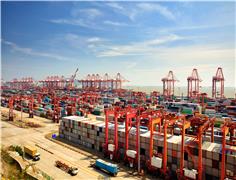
A key measure of Chinese copper demand just sank to zero, another indication that global prices are not balanced with ...
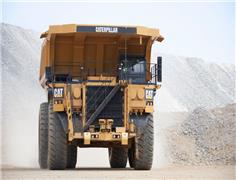
A new report by IDTechEx states that investing in e-haul trucks could result in major savings for miners due to the ...

Chile’s state copper company Codelco defended its proposed lithium production tie-up with SQM in response to criticism ...
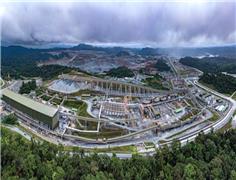
Canadian miner First Quantum Minerals (TSX: FM) believes it will be able to take the already mined 121,000 tonnes of ...
No comments have been posted yet ...